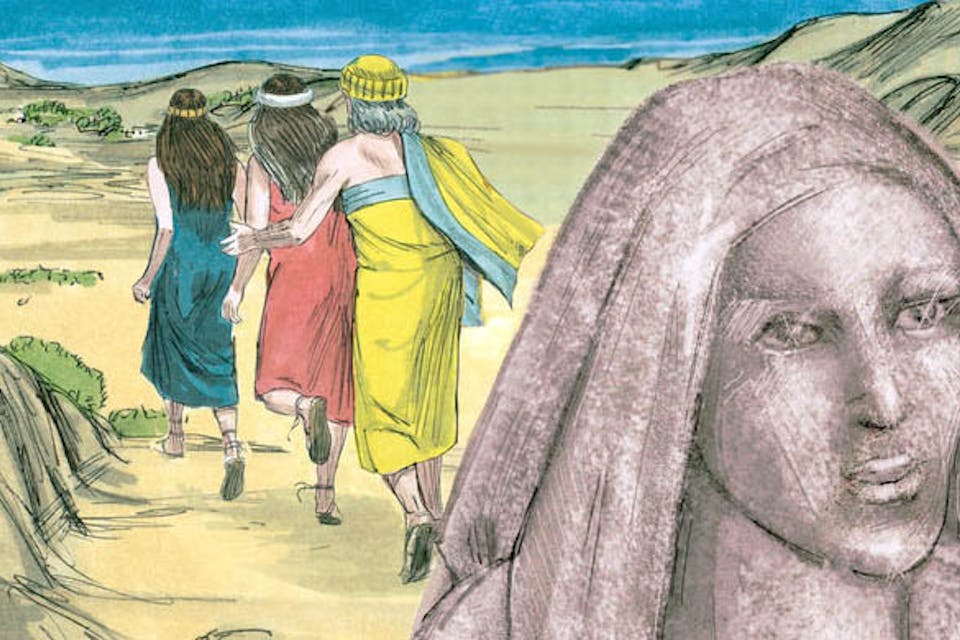
October 9, 2013
Surrendering Liberty in Sodom
The Torah’s problem with trying to lead a quiet, comfortable life.
Sukkot, Sh’mini Atzeret, Simhat Torah—the closing festivals of the New Year in the Hebrew calendar—mark a time of great agricultural significance in the land of Israel. As the warmer season fades and winter’s clouds begin to gather over the westward sea, the order of prayer undergoes a small but substantial change: instead of thanking God for His summer gift of dew alone, Jews begin to praise Him for the winds and rains. Two weeks later, an entreaty—“give dew and downpour for a blessing”—is added to the thrice-daily standing prayer, a plea perhaps most fervently expressed by farmers who have toiled furiously to plant their fields in time.
Last year, when a deluge hit Israel, some of those farmers may have felt they had prayed a bit too vigorously. Indeed, it is hardly a coincidence that the Torah portion for the Sabbath immediately preceding the resumption of this annual petition contains the story of Noah and humanity’s best-known record of rain’s destructive potential. Less obvious, however, is the way the following two Sabbath readings of Lekh l’kha (Genesis 12:1–17:27) and Vayera (Genesis 18:1–22:24) implicitly continue the same theme, clarifying just how important it is to reflect on where our water, and our sustenance, come from.
Rain as a purely meteorological phenomenon is not a subject of marked interest for the Torah. Yet in the mind of any inhabitant of the ancient world, rainfall carried many weighty connotations: the life-sustaining power of hydration, the unpredictability of weather, the regularity of the seasons. Beyond this, rain—and fresh water in general—continues to have far-reaching implications for the development of any human society, as well as for the role of government in upholding social and economic arrangements. The Torah appreciates these implications—though, as always with this text, much is ingeniously concealed beneath the surface.